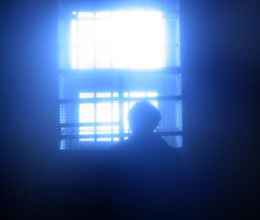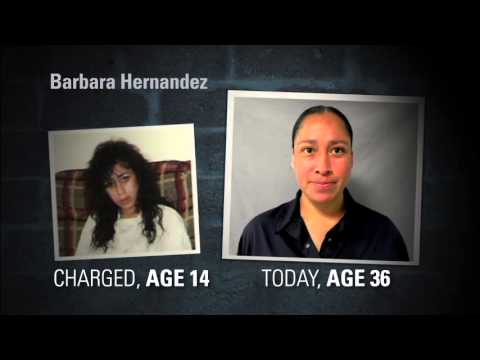
In Michigan, over 360 children have been sentenced to life without the possibility of parole. In 2011 the ACLU filed a class action lawsuit in federal court challenging the practice as unconstitutional cruel and unusual punishment. In 2013 Judge John Corbett O’Meara agreed and ruled that all juveniles serving mandatory life sentences in Michigan must be given parole hearings. The state appealed. While the appeal was pending, the United States Supreme Court ruled in a different case that juveniles serving life without parole must be resentenced.
The Michigan legislature enacted a new law that would allow some youth to be resentenced to life without the possibility of parole, and set a harsh mandatory sentencing range for everyone else. In light of these new developments, in 2017 the Sixth Circuit ruled that we could no longer bring a categorical challenge to all life-without-parole sentences. However, in 2018 Judge Mark Goldsmith ruled that the new law’s harsh sentencing regime was an unconstitutional ex post facto law because it retroactively took away good-time credits that hundreds of class members had earned while serving their unconstitutional life sentences. The Sixth Circuit affirmed, giving hundreds an earlier opportunity for release saving taxpayers millions of dollars. Meanwhile, we continued to litigate claims that the state was unreasonably delaying constitutionally required resentencings and denying access to the rehabilitative programming that is critical to parole. The case finally settled in November 2020 when the state agreed to give the remaining class members access to prison programming on equal terms with other prisoners to prepare them for parole, and to instruct all prosecutors to move forward with the remaining resentencings within approximately six months.
(Hill v. Whitmer; ACLU of Michigan Attorneys Dan Korobkin and Bonsitu Kitaba-Gaviglio; National ACLU Attorneys Steven Watt and Brandon Buskey; co-counsel Deborah LaBelle.)


